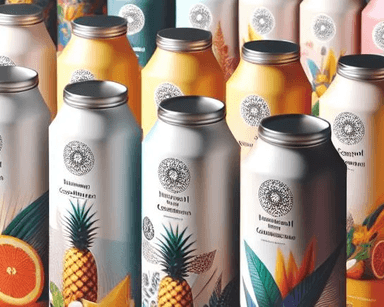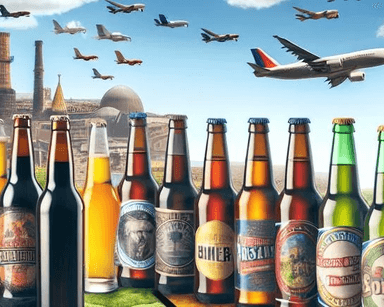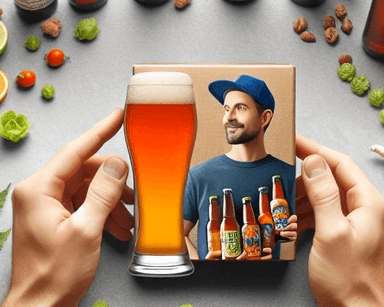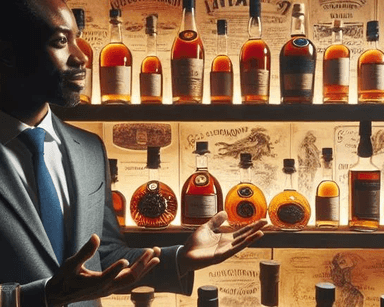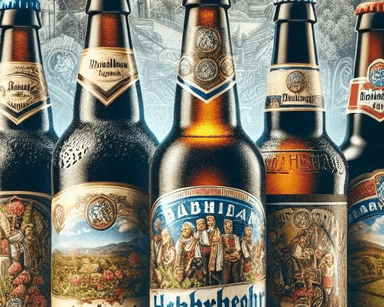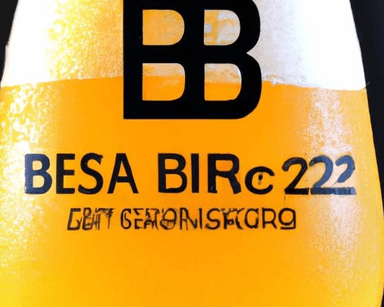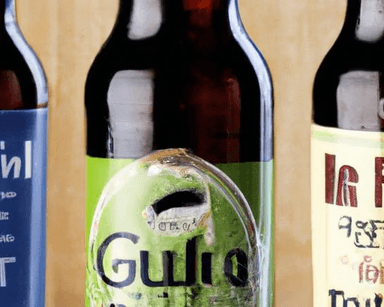What are the typical minimum order quantities for Riesling?
Typical minimum order quantities (MOQs) for Riesling vary between branded and private label products. For branded Riesling, the MOQ ranges from 500 to 2000 liters, while private label options usually require 10000 to 12000 liters. Understanding these MOQs is essential for b2b buyers or those sourcing Riesling for wholesale distribution. When collaborating with Riesling manufacturers in Italy or other leading regions, knowing these requirements helps in defining procurement strategies suitable for diverse market needs across Europe and beyond.
What are the top certificates for Riesling?
In the Riesling category, top certifications such as GACC, IFS, BRCGS, and FSSC 22000 signify quality and safety compliance. These certifications assure buyers of high-standard Riesling products, crucial for international b2b trade. Sourcing Riesling from certified producers in Germany, Austria, or other leading countries ensures reliability and premium quality. For businesses aiming for organic Riesling suppliers, additional eco-certifications might be necessary to meet market demands across Europe and elsewhere.
What are the top Riesling trade shows?
Key trade shows for the Riesling category include ProWein in Germany, Vinexpo in France, and Vinitaly in Italy. These events are excellent opportunities for businesses to connect with suppliers and other industry professionals. B2b buyers interested in sourcing Riesling can explore a vast selection of products and meet certified Riesling producers. Attending these shows allows for insights into market trends, facilitating informed procurement decisions. Such events are pivotal for discovering new Riesling suppliers ready to meet wholesale or private label requirements.
Who are the best suppliers for private label Riesling in Europe?
The best private label Riesling suppliers in Europe include peter mertes kg, Terre Cevico Soc. Coop. Agricola, ARTHUR METZ - MARLENHEIM and GRUPPO CEVICO SOC. COOP AGRICOLA. These Riesling companies are known for their premium Riesling, flexible private label services, and efficient production, meeting the growing demand for high-quality, customizable Riesling products.
What are the top Riesling producing countries?
Germany, France, Austria, and Italy stand out as the top countries for Riesling production. These countries are renowned for their high-quality Riesling wines, with Germany being particularly famous for its aromatic and crisp styles. Businesses looking to source Riesling for b2b or wholesale purposes can find numerous suppliers in these regions. Leveraging the expertise of Riesling manufacturers in Germany or certified Riesling producers in Austria can be beneficial for sourcing premium and bulk products.
What are Riesling packaging options?
Riesling offers a range of packaging options to cater to diverse market requirements. Common packaging types include glass bottles, bag-in-box, and bulk containers, ideal for wholesale or private label needs. For b2b buyers, sourcing Riesling from suppliers providing versatile packaging solutions is crucial. This allows catering to varied segments like retail and foodservice across the Mediterranean, Europe, and beyond. Custom packaging can enhance brand identity, especially when collaborating with private label Riesling suppliers.
What are the top Riesling trends in 2025?
Current trends in the Riesling market include a growing demand for organic and vegan-friendly options, as well as premium and bulk offerings. Suppliers in Germany and Austria are increasingly catering to these trends, offering high-quality, certified organic Riesling wines. For b2b buyers and wholesale providers, being aware of these trends is crucial. The ability to source and supply these varieties aids in meeting the evolving needs of consumers, particularly in the Mediterranean region.



